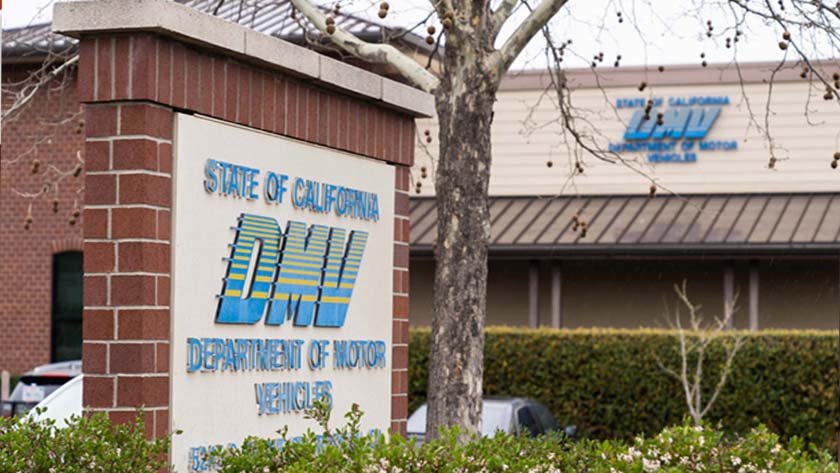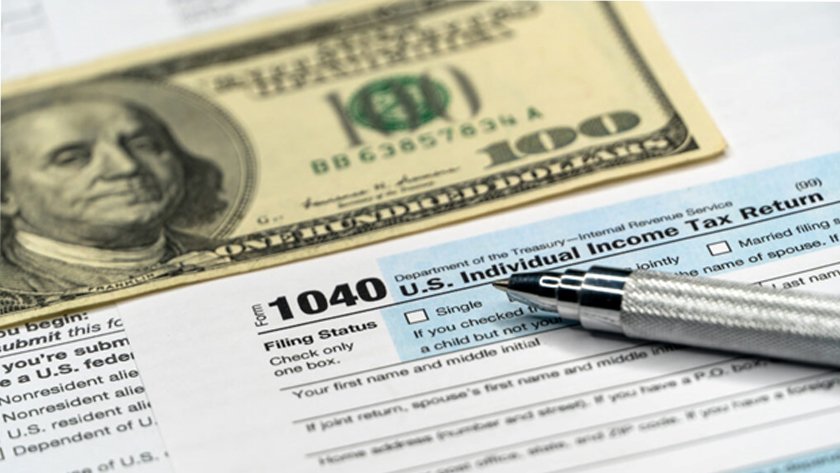Taxes are an inevitable part of life, but they don’t have to be a source of financial stress. One of the most effective ways to reduce your tax burden is through deductions and credits. With the right knowledge and guidance, you can save thousands of dollars on your taxes each year.
Whether you’re a small business owner, a freelancer, or just an individual looking to save money, tax deductions can make a huge difference. From home office expenses to charitable donations, there are a multitude of deductions and credits available to you.
So if you’re ready to take control of your finances and save money on your taxes, keep reading for 11 ways to maximize your deductions and credits.
Table of Contents
Standard vs. Itemized Deductions
Before diving into specific tax-saving strategies, it’s important to understand the difference between standard and itemized deductions. The standard deduction is a fixed amount that reduces your taxable income, while itemizing deductions allows you to list individual expenses that reduce your taxable income. It’s essential to compare both options to determine which one will save you more money on your taxes.
11 Tax-saving Strategies
Contribute to Retirement Accounts
If you contribute to retirement accounts such as a 401(k) or IRA, you may be able to reduce your taxable income. In 2023, the contribution limit for a 401(k) is $20,500, while the limit for an IRA is $6,500 if you’re 50 or older, and $6,000 if you’re younger. These contributions are tax-deductible and can lead to significant tax savings.
Health Savings Accounts (HSAs)
An HSA is a tax-advantaged account for individuals with high-deductible health plans. Contributions are tax-deductible, earnings grow tax-free, and withdrawals for qualified medical expenses are tax-free as well. In 2023, the contribution limit for HSAs is $3,650 for individuals and $7,300 for families.
Home Office Deduction
If you work from home, you may be eligible for the home office deduction. By taking advantage of this, you may be able to deduct a percentage of your rent or mortgage interest, utilities, and other expenses that are associated with your home office. To qualify, the space must be exclusively and regularly used for business purposes.
Education Deductions and Credits
There are several education-related deductions and credits available, such as the American Opportunity Tax Credit, Lifetime Learning Credit, and student loan interest deduction. These can help offset the cost of tuition, fees, and other education expenses.
Charitable Contributions
Donating to qualified charities can reduce your taxable income. You can deduct the fair market value of donated items, as well as any cash contributions. Just make sure to keep proper records and obtain receipts for all donations.
Medical Expenses
If your medical expenses exceed 7.5% of your adjusted gross income (AGI), you may be able to deduct them. This includes expenses like doctor visits, prescriptions, and medical equipment.
State and Local Taxes (SALT)
The SALT deduction allows you to deduct state and local income, sales, and property taxes up to a limit of $10,000 ($5,000 for married filing separately). This can help reduce your federal taxable income, especially if you live in a high-tax state.
Child Tax Credit
Families with children under 17 can benefit from the valuable tax credit known as the Child Tax Credit. In 2023, the credit is worth up to $3,600 per child under 6 and $3,000 per child aged 6 to 17. One of the advantages of the Child Tax Credit is that it is refundable, meaning that you may still be eligible to receive a refund even if you don’t owe any taxes.
Earned Income Tax Credit (EITC)
The Earned Income Tax Credit (EITC) is a tax benefit that provides a refundable credit to individuals and families with low to moderate income who are currently employed. The amount of the credit varies based on income, filing status, and the number of qualifying children. It can provide significant tax savings and even result in a refund.
Energy-efficient Home Improvements
You may be eligible for tax credits if you make energy-efficient home improvements, such as installing solar panels or energy-efficient windows. The Residential Energy Efficient Property Credit provides a credit of up to 26% of the cost of qualified improvements, while the Nonbusiness Energy Property Credit covers up to 10% of the cost of certain energy-saving improvements.
Miscellaneous Deductions
There are several other deductions that you may qualify for, such as job-related expenses, investment expenses, and tax preparation fees. Be sure to review your individual circumstances to see if you can claim any of these deductions.

Conclusion
Taking advantage of deductions and credits can save you money on your taxes. By exploring the 11 strategies listed above, you can maximize your savings and keep more of your hard-earned money. Be sure to consult with a tax professional to ensure you’re claiming all the deductions and credits you’re eligible for.
Contact Barron Tax Deductions
If you need assistance with tax planning or want to learn more about deductions and credits, contact Barron Income Tax. Our team of experienced tax professionals can help you navigate the complex tax landscape and ensure you’re maximizing your tax savings.
At Barron Income tax services, we specialize in tailoring the right service for our clients. We understand every customer has Read more
When you first start filing your tax returns, one of the many questions that come into mind is; should I Read more
With rules changing on sudden notice and many businesses having to enforce limits & restrictions on their premises. It is Read more
If you are the one who engages in business outside his country or deals with overseas legal documents, you need a Read more
After months of negotiations the $1,400 stimulus check has been approved and ready to go! In this article, we will Read more
Are you tired of struggling with bookkeeping mistakes that can jeopardize your business? Look no further! Barron Income Tax has Read more
Tax season frequently emerges as one of the most anxiety-inducing periods in the lives of taxpayers. Meeting the stringent filing Read more
Are you a small business proprietor dreading the impending tax season? The prospect of delving into heaps of paperwork and Read more








